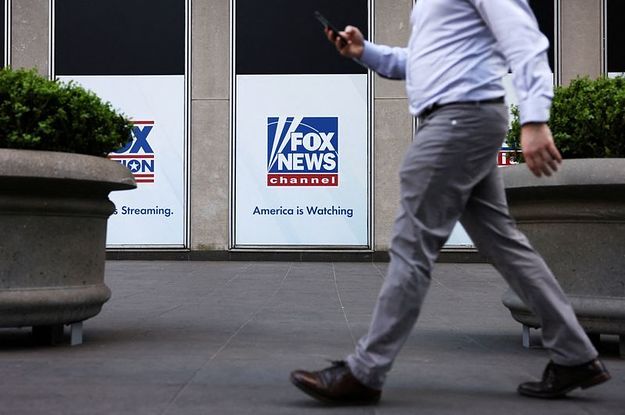In early December, Scott responded angrily when a Fox reporter fact-checked one of Trump’s election conspiracy claims on air, telling another executive in an email, “This has to stop now.”
She added, “This is bad for business.”
In other communications, court documents say, executives spoke of the need to “straddle the issue” and said they were wary of “piss[ing] off viewers.”
Dominion says its lawyers sent Fox employees more than 3,600 emails attempting to correct Fox’s reporting on the issue. The company identified 20 specific statements from Fox broadcasts between Nov. 8, 2020, and Jan. 26, 2021, that it says were legally defamatory.
Davis has already said that evidence in the case “demonstrates that it is CRYSTAL clear that none of the Statements relating to Dominion about the 2020 election are true.”
However strong Dominion’s case may seem, the Constitution and Supreme Court precedent makes it difficult to prove defamation by a news outlet. The bar is high; Dominion will need to prove “actual malice,” meaning that Fox either knew what it was airing was wrong or acted in reckless disregard for the truth.
For their part, lawyers for Fox have argued in the Dominion case that the First Amendment protects them and that hosts were simply presenting newsworthy claims made by others — Trump and his allies.
“Dominion’s lawsuit is a political crusade in search of a financial windfall, but the real cost would be cherished First Amendment rights,” Fox said in a statement to HuffPost. “While Dominion has pushed irrelevant and misleading information to generate headlines, Fox News remains steadfast in protecting the rights of a free press, given a verdict for Dominion and its private equity owners would have grave consequences for the entire journalism profession.”
The trial is expected to last around six weeks.
This is a syndicated version of an article originally published on HuffPost.






